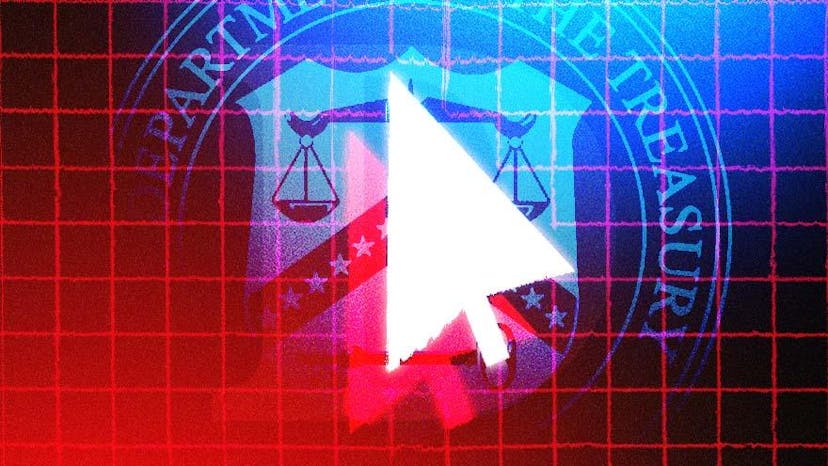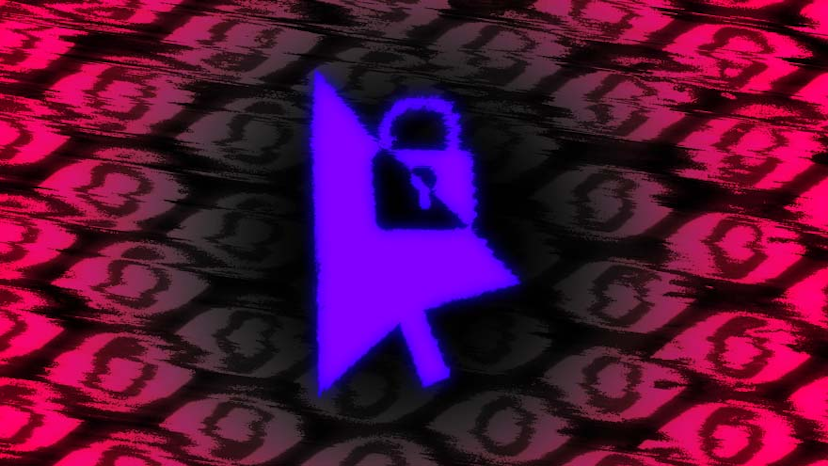Treasury: ZK Proofs Can Be Boon Or Bane Of AML Compliance
Report On Criminal Use Of DeFi Argues Most Protocols Are Subject to Bank Secrecy Act
By: Aleksandar Gilbert • Loading...
DeFi
Zero-knowledge technology can rein in a non-compliant industry — or turbocharge money laundering and sanctions evasions, according to a new U.S. government report detailing the criminal use of decentralized finance.
The report, authored by the Treasury Department, pointed to the growing use of cryptocurrency to pay for goods and services as a threat to government attempts to limit money laundering and the financing of terrorism. Among a series of recommendations to prevent money laundering via crypto, one example was buried deep within the report: privacy-enhancing tech.
The authors wrote that “the U.S. government supports privacy enhancing technologies that simultaneously allow for or even promote compliance with AML/CFT obligations.” Still, it noted that “the use of non-public blockchains” by non-compliant entities “will heighten AML/CFT risks.”
Several pages later, the report notes that zero-knowledge proofs can be used to verify that someone has passed an anti-money laundering check without harvesting or broadcasting their personal information.
It is the latest in a series of reports that have come from the administration of President Joe Biden to emphasize the risk digital assets pose to consumers, the traditional financial sector and society at large. Still, the fact that the authors welcomed a crypto-based solution was taken as a win for some in the industry.
The report also noted that most self-proclaimed DeFi businesses in the U.S. — even those that are truly decentralized, with little to no ability to modify or control a protocol after its release — are financial institutions subject to the Bank Secrecy Act and, in turn, anti-money laundering obligations.
“For example, if a DeFi service … accepts and transmits virtual assets from one person to another person or location by any means, then it most likely would qualify as a money transmitter,” the report states.
Some investors are confident zero-knowledge technology can assuage government concern over crypto’s use by scammers and crooks. Early this year, Aztec, a company building a private blockchain on top of Ethereum, announced it had raised $100M in its latest funding round.
“You can perform preemptive compliance,” Aztec co-founder Zac Williamson told The Defiant at the time. “You can say, ‘By definition, this transaction can only happen if the transaction sender possesses the correct certifications.’”
Last month, one of the original Tornado Cash developers announced he had “fixed” Tornado Cash, releasing a similar protocol that lets users exclude “some subset of depositors when they withdraw.” That way, “users have the option to help regulators isolate illicit funds, without revealing their entire transaction history.”
Tornado allows users to conceal the flow of crypto, and is popular with people looking for privacy. It is also popular with criminals, including hackers affiliated with North Korea, who used it to launder some of the money stolen during last year’s record-breaking hack of Axie Infinity. Treasury cited North Korea’s use of Tornado when issuing its sanctions last August.

Tornado Sanctions Test Resilience of DeFi Privacy Community
Privacy Mavens Tout ZK-Proofs as Solution for Users and States
Zero-knowledge technology has yet to reach mass adoption, however. In the meantime, the Treasury Department hopes countries that today have lax know-your-customer laws step up their effort to combat money laundering.
That people still have to use centralized businesses such as Coinbase or Binance to get their money onto or off of a blockchain makes compliance in countries that enforce KYC relatively simple, according to the Treasury Department.
But that could change.
“The ability to use virtual assets to pay for goods and services is increasing,” the report notes.
Advertisement
Get the best of The Defiant directly in your inbox 💌
Know what matters in Web3 with The Defiant Daily newsletter, every weekday
90k+ investors informed every day. Unsubscribe anytime.